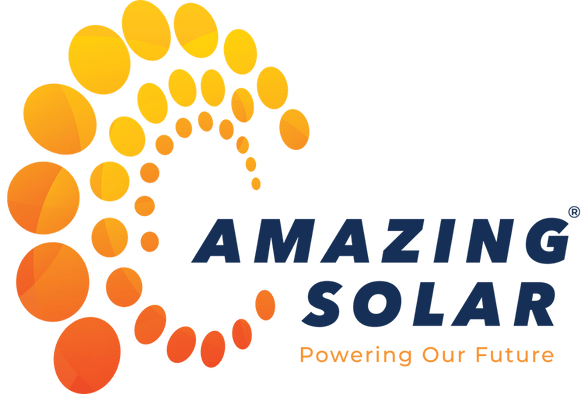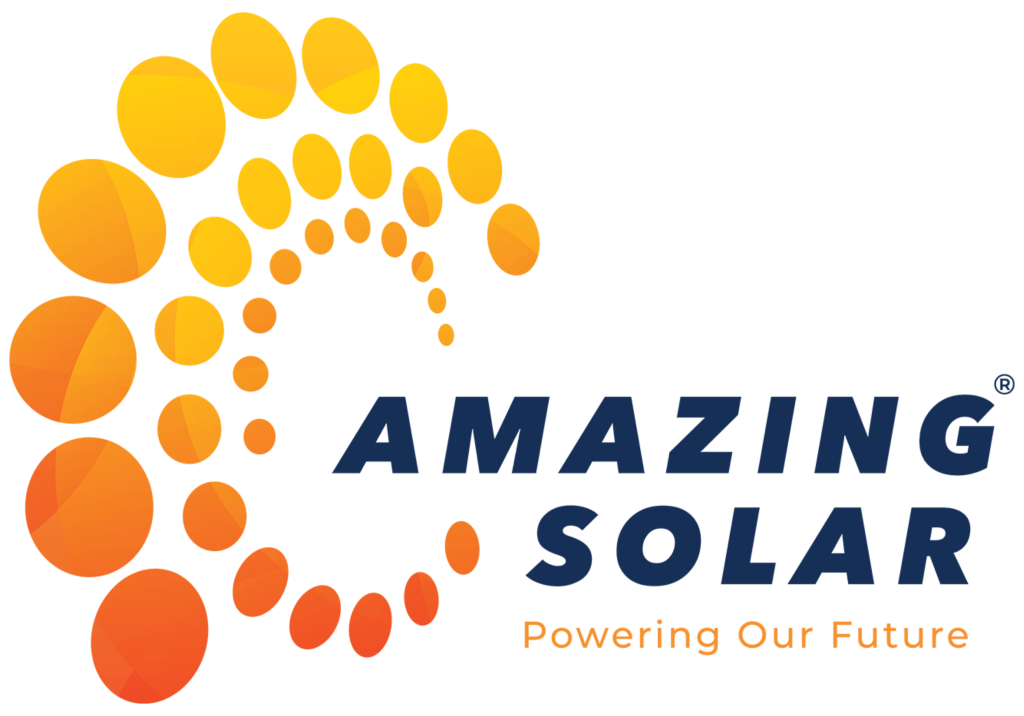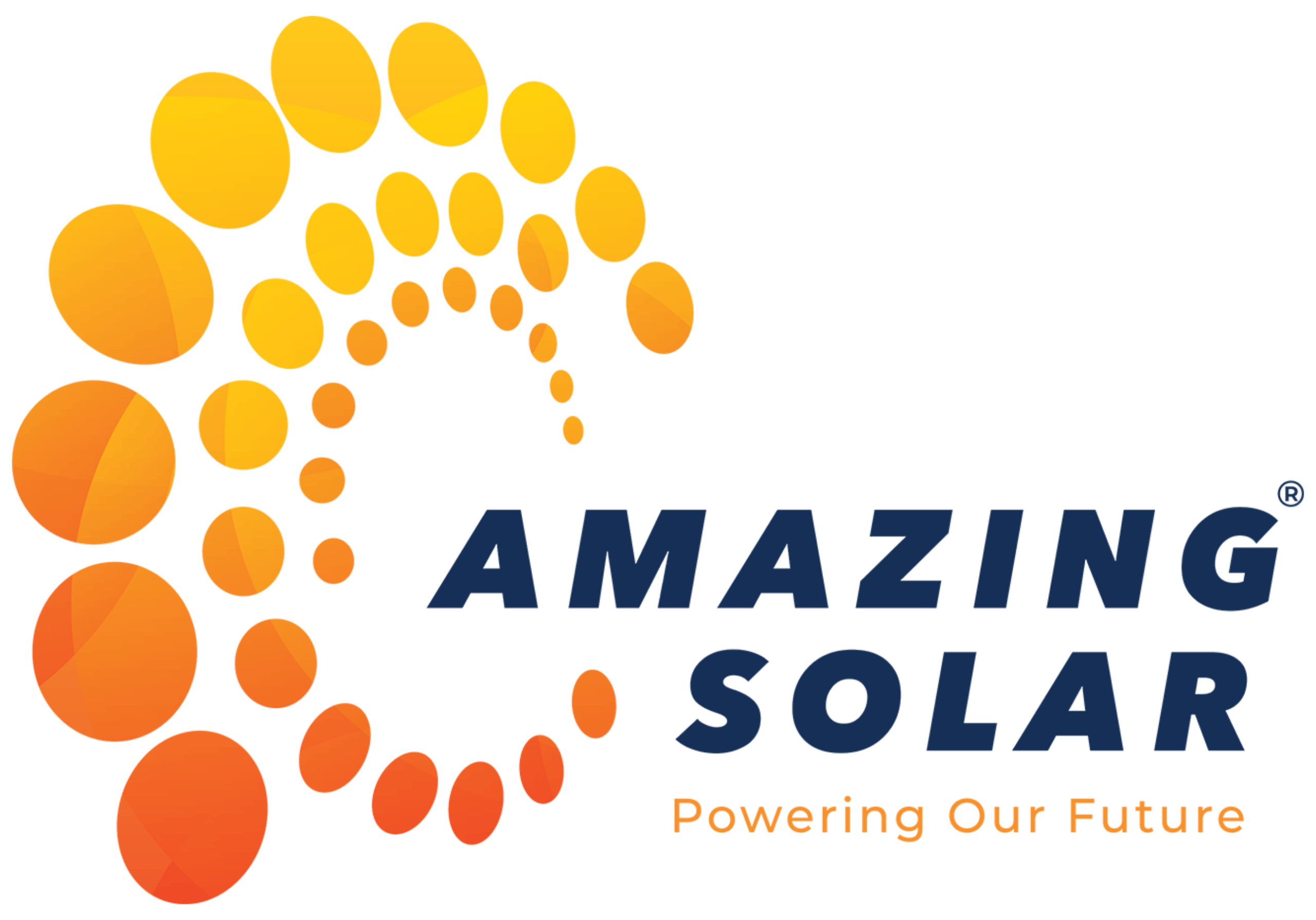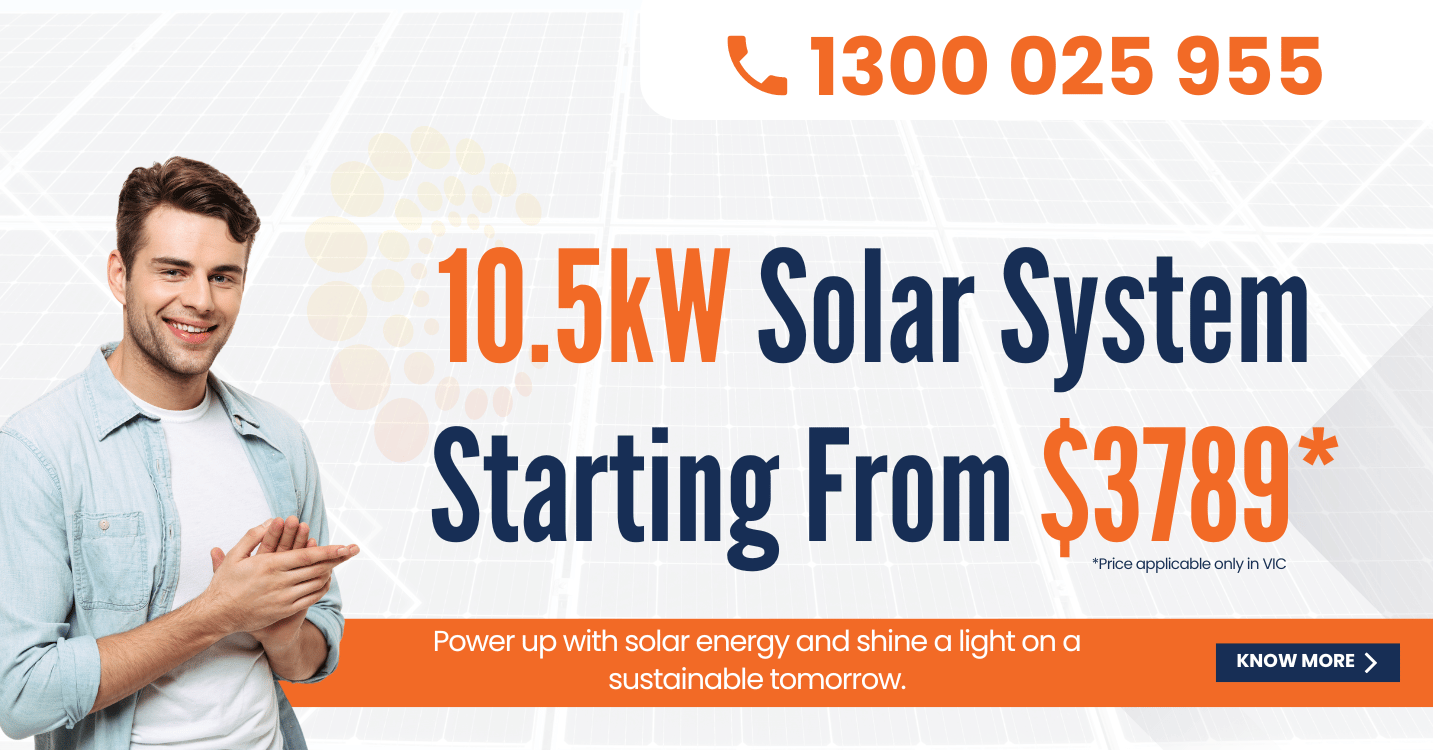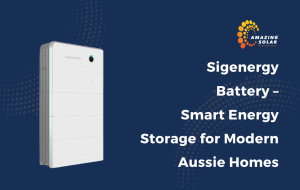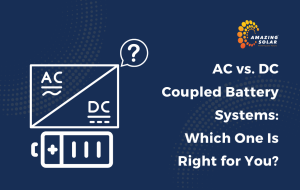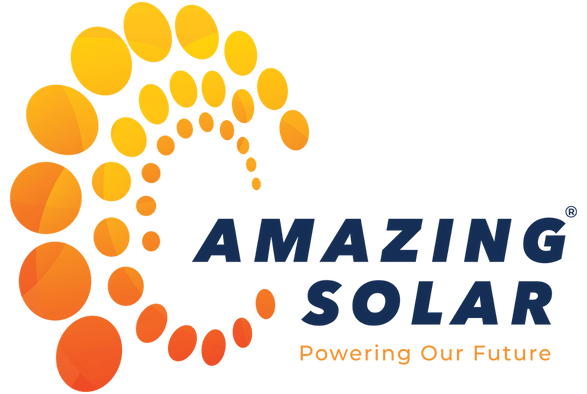Role of Solar Inverter: A solar panel system is an effective way to produce clean, renewable energy for your home or business. However, to convert the direct current (DC) electricity generated by solar panels into usable alternating current (AC) electricity for your appliances and electrical grid, you need an inverter. In this blog, we will discuss the role of inverters in a solar panel system.
What is an inverter? Role of solar inverter
An inverter is an essential component of a solar panel system that converts DC electricity into AC electricity, making it compatible with your home’s electrical system. Solar panels generate DC electricity when sunlight hits the cells in the panels. However, most household appliances and the electrical grid operate on AC electricity, which is why an inverter is necessary to convert the DC electricity generated by solar panels into AC electricity.
Types of inverters
There are several types of inverters, including:
String inverters: These are the most common type of inverter used in solar panel systems. They are typically installed at the beginning or end of the string of solar panels, and they convert the DC electricity produced by the panels into AC electricity for your home or business.
Microinverters: These inverters are installed directly on each solar panel and convert DC electricity into AC electricity at the panel level. This allows for more precise monitoring of each panel’s performance and can increase overall efficiency.
Power optimizers: These devices are similar to microinverters in that they are installed at the panel level. However, instead of converting DC electricity to AC electricity, they optimize the DC voltage and current before sending it to a central inverter for conversion.
The role of inverters in a solar panel system
Inverters play a critical role in a solar panel system by converting the DC electricity generated by solar panels into AC electricity that can be used by your home or business. In addition, inverters also help to ensure the safety and reliability of your solar panel system. They include safety features such as anti-islanding protection, which prevents your solar panel system from sending electricity back into the grid when there is a power outage. This helps to protect utility workers who may be working to restore power.
In conclusion, inverters are an essential component of a solar panel system. They convert the DC electricity generated by solar panels into AC electricity that can be used by your home or business, while also ensuring the safety and reliability of your system. If you are considering installing a solar panel system, it’s important to choose the right type of inverter to meet your energy needs and budget. Need help? Contact us and our solar expert will help you.

